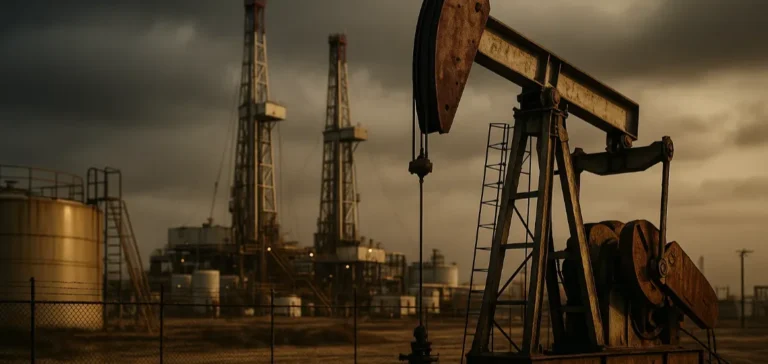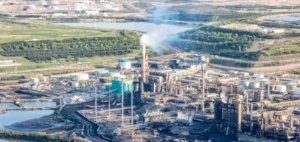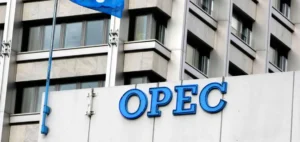The National Agency for the Valorization of Hydrocarbon Resources (Agence nationale pour la valorisation des ressources en hydrocarbures, Alnaft) has formalized the signing of two study agreements with U.S.-based Occidental Petroleum. These agreements focus on analyzing the hydrocarbon potential of the El Ouabed and Dahar zones, located in southern Algeria. The announcement comes as the country seeks to diversify its partners to assess untapped resources in a shifting global energy landscape.
The studies are part of a preliminary exploration phase. They involve technical and geological work intended to estimate the nature, quantity, and viability of potential reserves. This approach allows for the identification of future economic opportunities without committing to heavy investments at this stage. No exploitation timeline has been disclosed, and outcomes will determine any future decisions.
Strategic Objectives and Budgetary Constraints
The hydrocarbon sector plays a central role in Algeria’s economy. According to World Bank data, it accounted for an average of 83% of exports and nearly 47% of budget revenues between 2019 and 2023. However, forecasts for 2025 indicate a widening budget deficit, projected at 14.5% of gross domestic product (GDP), compared to 13.9% in 2024. This deterioration is largely attributed to an anticipated decline in oil revenues.
In this context, evaluating new fields has become critical. Each potential site represents an additional revenue stream and a lever for attracting foreign capital. Algeria’s strategy involves strengthening its position in regional and international energy markets while adapting its partnerships to global economic shifts.
Occidental’s Positioning and Global Market Dynamics
Occidental Petroleum, already operating in Algeria, is continuing its strategy of maintaining a presence in high-potential zones. This collaboration comes at a time when the global oil supply is expected to exceed demand in 2025, according to the International Energy Agency (IEA). The agency forecasts a limited increase in global demand of 730,000 barrels per day, affected by ongoing trade tensions and weakened demand in China and the United States.
For Algeria, this global context underscores the urgency of preparing new production capacities in the coming years. Decisions made in connection with these studies will directly influence the country’s budgetary forecasts and economic planning.
Expected Impact and Investment Framework
The agreements signed between Alnaft and Occidental Petroleum do not yet involve direct financial commitments for exploitation. However, they mark a step toward potential medium-term projects. If the studies confirm the existence of exploitable reserves, this could lead to an expansion of Algeria’s energy portfolio and a strengthening of relations with foreign energy firms.
The agreement is part of the broader investment plan announced by the authorities in December 2024, valued at $50 billion, of which 71% is allocated to exploration and production. This investment framework reflects Algeria’s intent to anticipate market needs while enhancing the resilience of its energy sector amid global volatility.






















